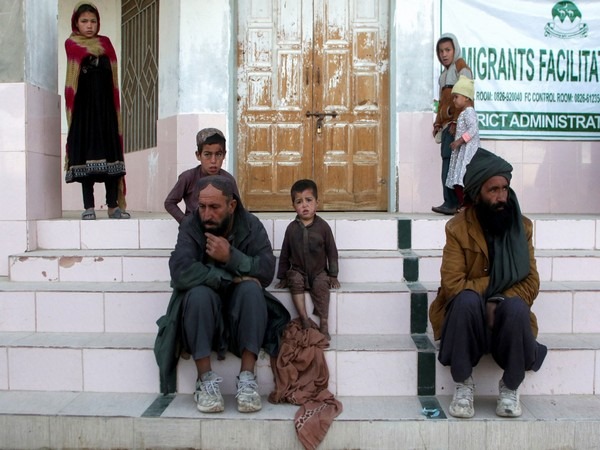Mass Deportation of Afghan Refugees from Iran and Pakistan Fuels Humanitarian Crisis
Nearly 12,000 Afghan migrants were deported from Iran and Pakistan from July 3-6, exacerbating Afghanistan's humanitarian crisis. Many deportees face uncertain futures with limited access to basic services. Human rights groups condemn the deportations, citing violations of international law.

- Country:
- Afghanistan
Nearly 12,000 Afghan migrants were deported from Iran and Pakistan between July 3-6, according to a report by Khaama Press, citing the Taliban-led Ministry of Refugees and Repatriation. The ministry reported that 11,997 Afghans were forcibly expelled and have returned to Afghanistan.
The deported individuals entered Afghanistan through the Torghundi, Spin Boldak, Islam Qala-Herat, and Abreshim-Nimruz borders during the first week of July. This mass deportation trend persists despite ongoing humanitarian concerns and international objections.
The influx of returnees has worsened the humanitarian crisis in Afghanistan, which is already grappling with economic instability and poor access to services. The sudden arrival of these individuals has stretched community resources and left many facing an uncertain future.
Human rights organizations worldwide have decried the mass deportations. They argue that these actions violate international law, specifically the principle of non-refoulement, which prohibits sending refugees back to countries where they are at risk of persecution or harm.
As the crisis unfolds, Afghanistan's humanitarian situation continues to deteriorate. Vulnerable groups, including women and children, are particularly affected. The Taliban's restrictions on women's education and employment further compound these challenges, as the country struggles to address basic human rights and safety concerns.
(With inputs from agencies.)
ALSO READ
UN Experts Call for Recommitment to International Human Rights Amid US Policy Shifts
Thailand’s Deportation of 40 Uyghurs to China Violates Human Rights Laws, Says Volker Türk
Taliban’s Repressive Rule Deepens: UN Expert Warns of Crimes Against Humanity and Growing Humanitarian Crisis
Allegations of Human Rights Violations in Central African Republic Surface
Sanjay Bhandari's Extradition Overturned: Human Rights Concerns Prevail










